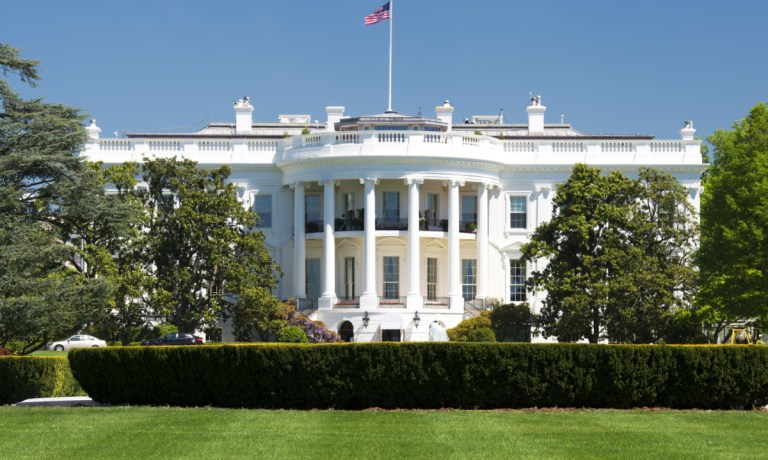White House Plans AI Safety Institute and Anti-Fraud Program

The U.S. is set to unveil several new proposals to govern artificial intelligence (AI).
Vice President Kamala Harris will outline the White House plans as she heads to Great Britain for the Global AI Summit, the administration announced Wednesday (Nov. 1).
Among the initiatives is the United States AI Safety Institute (AISI), a Department of Commerce program that will develop the technical guidelines used by regulators.
The White House says these guidelines will help design rules for issues like “authenticating content created by humans, watermarking AI-generated content, identifying and mitigating against harmful algorithmic discrimination, ensuring transparency, and enabling adoption of privacy-preserving AI.”
The news comes two days after President Joe Biden signed an executive order designed to promote safe AI development. It requires the developers of the “most powerful AI systems” to share their safety test results and other crucial information with the government.
The order says that “companies developing any foundation model that poses a serious risk to national security, national economic security, or national public health and safety must notify the federal government when training the model, and must share the results of all red-team safety tests,” per a White House news release.
In addition to the AISI, Harris will promote the country’s first-ever draft policy guidance on AI use by the federal government.
“In a wide range of contexts including health, education, employment, federal benefits, law enforcement, immigration, transportation, and critical infrastructure, the draft policy would create specific safeguards for uses of AI that impact the rights and safety of the public,” the announcement said.
The White House is also cracking down on scammers who use AI generated voice models to commit fraud over the phone, with plans for a “virtual hackathon,” where companies can build AI models that can detect and block unwanted robocalls and robotexts, especially “those using novel AI-generated voice models which particularly harm the elderly.”
PYMNTS explored the concept of fighting “bad AI with good AI” earlier this year, noting that insiders have stressed that the technology could “supercharge the capabilities of bad actors by providing turnkey and scalable cybertools, including AI-generated voice clones and other techniques straight out of the realm of science fiction or a ‘Mission Impossible’ film, that can be used for nefarious purposes.”
Incidentally, the “Mission Impossible” series might have helped shape the administration’s AI efforts. As the Associated Press reported, Biden’s concerns about what could go wrong with the technology were apparently driven home during a Camp David screening of “Mission Impossible: Dead Reckoning,” in which the villain is a deadly rogue AI.